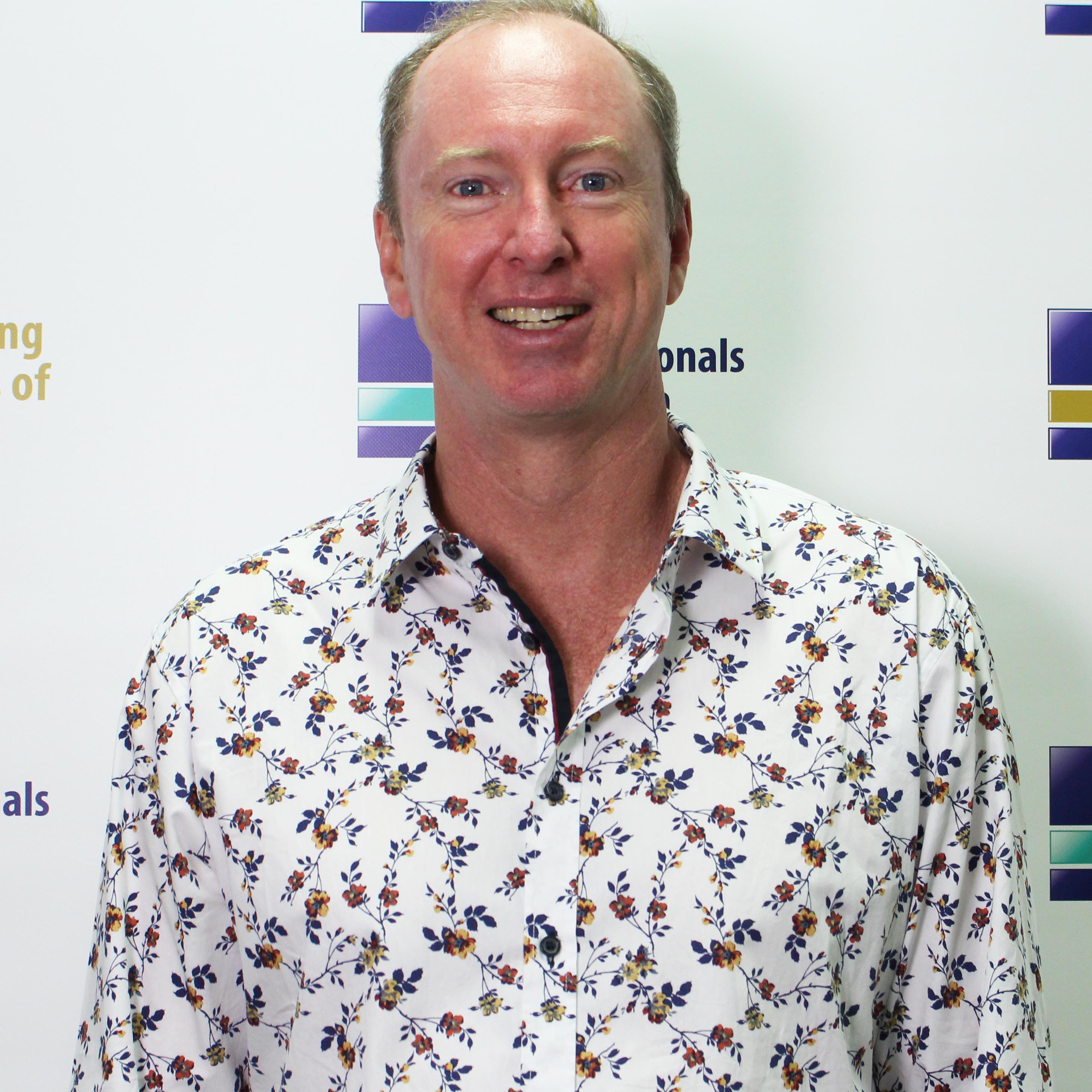
Stuart Small
Senior Project Manager Transport,
MidCoast Council
Vice President of LGEA NSW
National Secretary of Professionals Australia
Why did you choose a career in engineering?
My path to being an engineer started around year 8 - my parents came home from a school parent teacher meeting in which my tech drawing teacher had identified that I had an aptitude for engineering and raised the concept with my parents.
I found the concept interesting and did some research which highlighted to me that I should pursue the idea. On reflection, the toys I played with and the things I was interested in during my youth were very much STEM focussed - plus I really liked to solve puzzles, especially logic puzzles.
I selected my year 9 and 10 electives around this (tech drawing and electronics), and did my year 10 work experience embedded in my local Council’s engineering team. I really enjoyed the work experience and decided that civil engineering was where I was headed.
I picked my HSC subjects around this, highest maths, physics, chemistry, engineering studies, plus the mandatory English. Finishing year 12, I had a number of options of studying civil engineering at university, picking UQ.
Tell us a bit about your career to date
Throughout university I was fortunate to do vacation employment at my local Council - the engineers there knew my family and were also taught by a lot of the same lecturers as I had, so it was a really supportive workplace. ,
I was comfortable with using computers and software packages, so my skill set was utilised by the Council - computers in the workplace were relatively new at that time. I found myself digitising the water and sewer networks into their GIS. Then in my last year, I was requested to model their future water supply needs for a huge growth corridor. They had purchased this special software to facilitate the project. It was a joint effort where I learn the theory and had the joy of using this in feeding data into the model and running the various scenarios required. Over the years, I have seen that growth corridor slowly fill up and the water mains being installed to support the developments.
After graduation I briefly worked for a private company which was a widely different experience to what I had experienced during my vacation employment at Council. I was out on a remote construction site implementing the management system and validating that works were being performed in compliance with standards/ legislative requirements. Unfortunately, the site manager was more of a builder and not an engineer, who hated engineers but had to have me there to sign off on documents. After a safety incident on-site, with me following legislative requirements, we determined we didn’t see things eye to eye and I quickly moved on.
I was then fortunate to pick up a graduate engineering role at Cobar Shire Council, where I spent three years learning the ropes of working in a small rural Council. My next job was at Coonamble Shire Council where I also had the amazing opportunity to upgrade their quarry operations substantially, which was a commercial operation. I spent three years at Coonamble - nine months of which as the Acting Director of Engineering. I decided I wanted to get back to the coast, doing a short stint at Dungog Shire Council before landing at Great Lakes Council around 18 years ago, looking after Projects and Contracts. I’m largely still in that same role now, but it has evolved into MidCoast Council following a Council amalgamation.
Working in local government, from small to large rural/regional councils, I have covered the gamut of local government engineering from emergencies (bush fires/floods) to waste, saleyards, water, sewerage, roads, dredging, to a multitude of different projects that Council engineers find themselves delivering for their community.
What does being an engineer mean to you?
I have the added benefit of being a local government engineer. This means I have a very direct impact upon the day to day life of my local community. The decisions I make will impact them in terms of how safe they are when moving through our community, and how efficiently they can do that. The challenge is doing that in a way that is both financially and environmentally sustainable, so that both my generation gains the advantages of what I deliver as well as my kids and future generations of my family and the community. This gives me a lot of personal satisfaction, and makes everything worth the effort.
How did you become involved in PA?
I grew up in an extended family that has always been engaged with our community. As any child does, you follow along and learn from your parents. So I have learnt to become involved in organisations, especially if I have an opinion or wish to see certain things occur/ be delivered. Having an opinion is good, but the important thing is to back that up by getting involved and helping deliver. This has seen me do many different roles across a number of organisations. So back in 2008 when I was asked to consider running for the LGEA NSW Committee I jumped at the chance. As I gained knowledge and experience as an honorary official within PA, I have progressed to being the current Vice President of LGEA NSW and the National Secretary of PA.